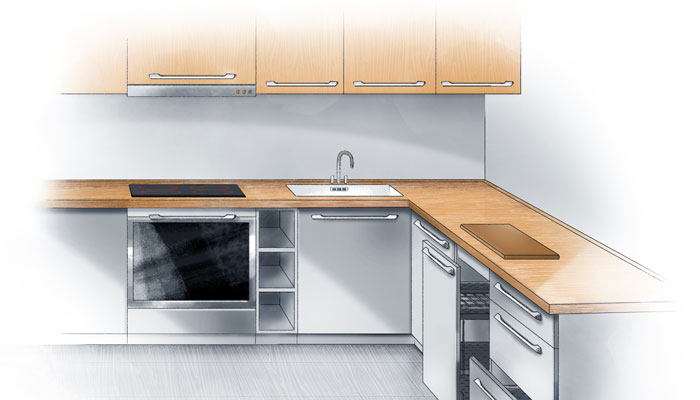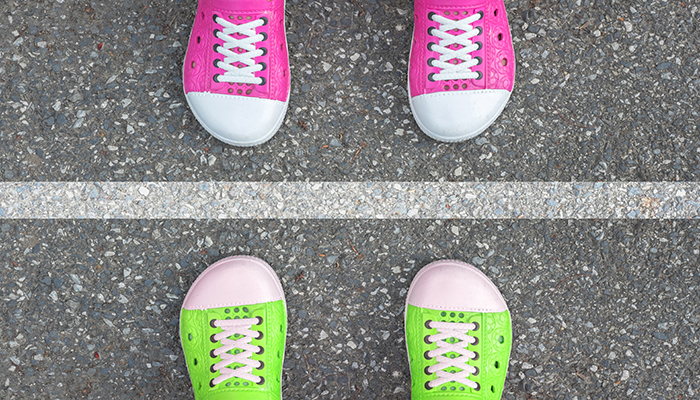
“Chronic pain” is pain that lasts for 12 weeks or more. The cause is usually nervous system misfiring, like a faulty car alarm system. Often there is no specific trigger, which makes treatment difficult. Chronic pain is common, affecting 50%–66% of adults age 50 and older. Opioid drugs are recommended for pain control in life-threatening…










